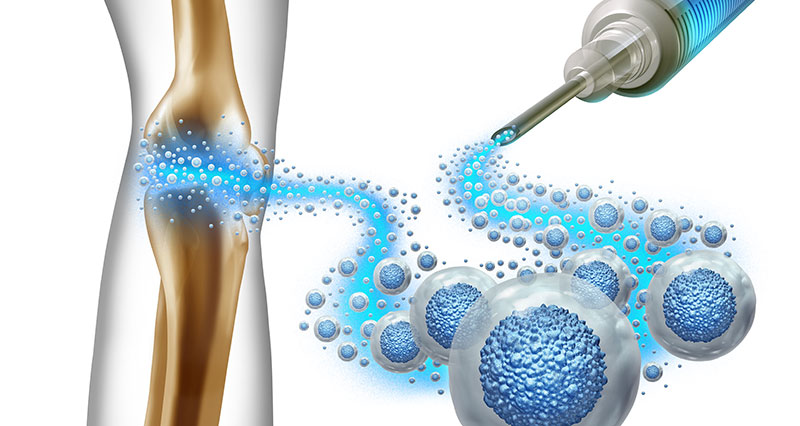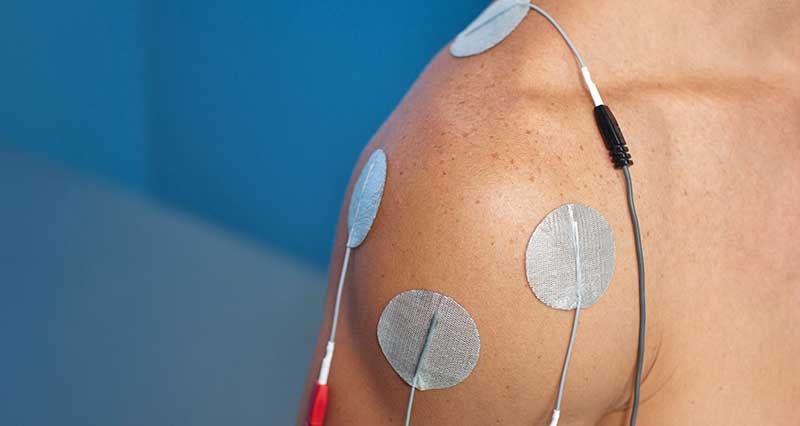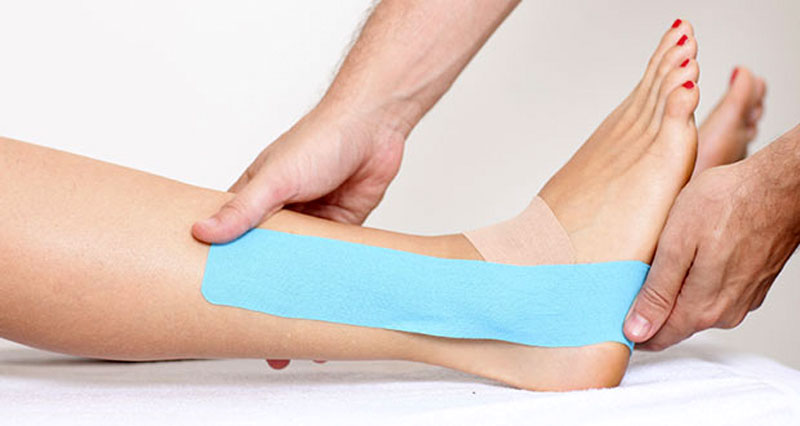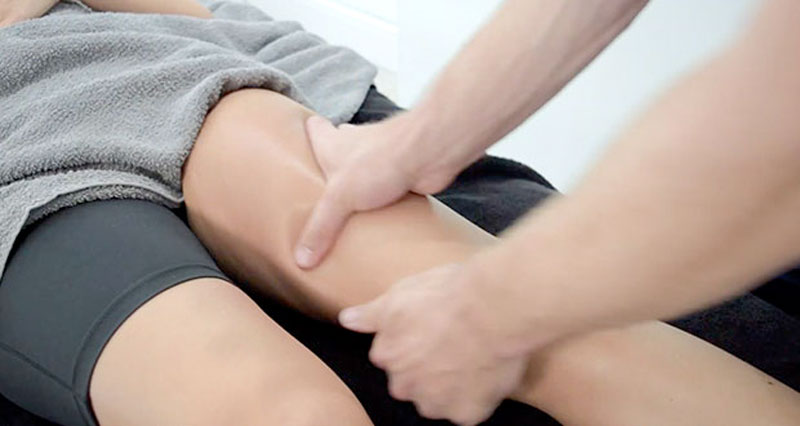Cortisone injections (corticosteroid injections) in sports medicine reduce pain and inflammation for tendonitis, bursitis, and arthritis. They work by delivering a powerful anti-inflammatory medication directly to the affected area. As a result, reduces pain and improves mobility temporarily. Therefore, making it easier for athletes to continue training or competing. Here’s a breakdown of how they work and what evidence says about their effectiveness:
How do Cortisone injections work?
Corticosteroids are synthetic forms of hormones that reduce inflammation. When injected into a specific area, they inhibit the inflammatory response by suppressing immune cells and inflammatory chemicals. This can reduce swelling and pain, but it doesn’t necessarily address the underlying cause of injury. The doctor typically gives the injection in combination with a local anesthetic. Therefore, providing immediate pain relief, however, this is temporary.
Effectiveness in Treating Sports Injuries
Evidence on the effectiveness of cortisone injections varies based on the type of injury and timing of treatment:
Short-Term Pain Relief
Cortisone injections are effective at providing short-term pain relief, typically lasting from a few days to several months. This is beneficial in the acute phases of injury, where reducing pain allows for a gradual return to movement and exercise.
Long-Term Outcomes
Research indicates that while cortisone injections can relieve symptoms in the short term, their long-term benefits are limited. Some studies have found that repeated injections might even weaken tendons and cartilage over time, potentially increasing the risk of further injury.
Specific type of injury
Are Cortisone injections are useful for treating the following conditions?
Tendinopathies
For chronic tendon conditions, such as Achilles tendonitis or rotator cuff tendinitis, cortisone injections can offer relief, but evidence suggests this may be temporary and does not improve tendon healing. In some cases, they may slow down natural recovery.
Arthritis
For conditions like knee osteoarthritis, cortisone injections can reduce pain and inflammation for several weeks to months. However, regular injections are usually not recommended as they may contribute to joint degeneration over time.
Bursitis
Cortisone is more effective for inflammatory conditions. For example, hip bursitis or subacromial bursitis (shoulder), where the injection targets the inflamed bursa (fluid-filled sac). Therefore, providing longer relief than in tendon issues.
Risks and Limitations
While cortisone injections can be helpful, they are typically used with caution in sports for a few reasons:
- Risk of Tissue Damage: Repeated cortisone injections may weaken surrounding tissues, especially tendons, increasing the risk of rupture or degeneration.
- Short-Term Fix: Cortisone injections do not address the root cause of many sports injuries, so they are often combined with rehabilitation and physical therapy.
- Potential Side Effects: Temporary side effects can include skin thinning, loss of skin color at the injection site, and, occasionally, infections.
Conclusion on Effectiveness
Cortisone injections can be an effective, short-term solution for managing inflammation and pain in sports, helping athletes return to play more comfortably. However, their long-term effectiveness is limited, and they should generally be part of a broader treatment plan involving physical therapy and load management.








